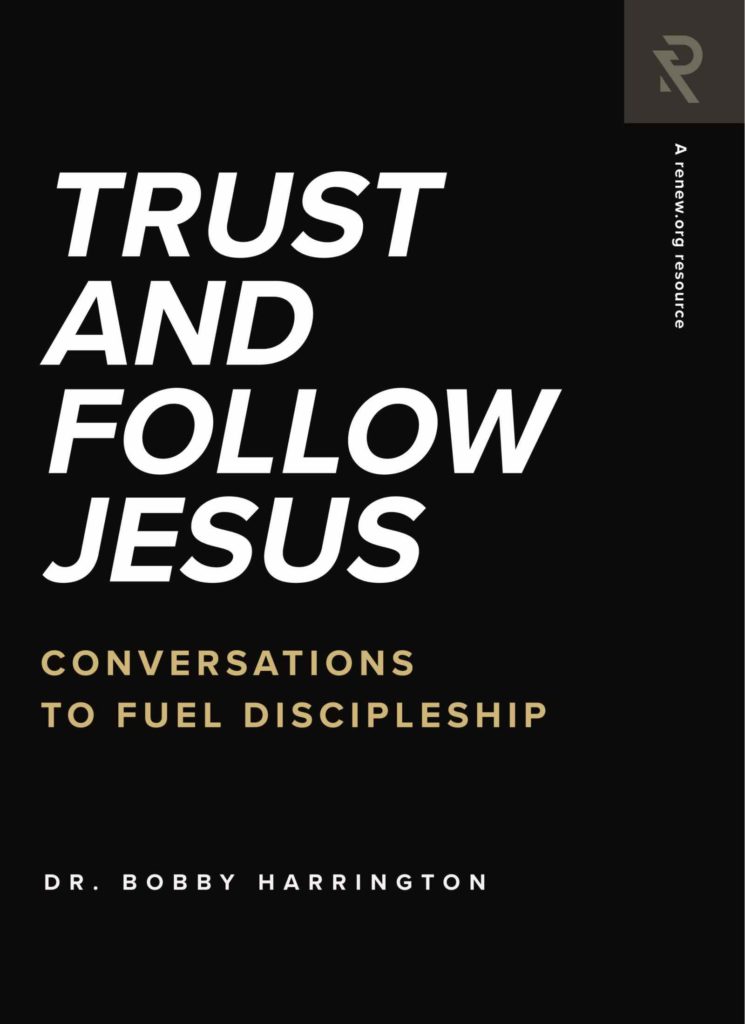
God Meets You in Your Confusion
*Editor’s Note: Just days before, Jacob had been comfortably living at home, safe, and with his brother not actively wanting to kill him. But ever since Jacob had cheated his brother Esau out of his dying father’s blessing, Jacob had been on the run. When Joseph Shulam became a follower of Jesus, he discovered what it was like to have to leave the home of his father and mother. He became familiar with the loneliness and confusion Jacob experienced. What God did for Jacob would speak mightily to Joseph, and it will to you too.
Well, poor Jacob’s whole life is disrupted now. His future is not secure. He is away from home and alone.
In his sleep, Jacob sees a very tall ladder, and there are angels ascending and descending. You would think that, on a ladder from Heaven, the angels ought to be descending first and then ascending. However, the importance of the story is that the angels are taking Jacob’s situation from the Earth up to Heaven. They are pleading for Jacob’s plight, and there is a response:
“And behold, the Lord stood above it and said: ‘I am the Lord God of Abraham your father and the God of Isaac; the land on which you lie I will give to you and your descendants. . . . Behold, I am with you and will keep you wherever you go, and will bring you back to this land; for I will not leave you until I have done what I have spoken to you.’” – Genesis 28:13–15 [NKJV]
God Himself has come to serve Jacob. The phrase “the Lord stood above it” (could also be read “above him”) means, “I am here to serve you.”
Here is a good example of the very same phrase in the Hebrew:
“So he lifted his eyes and looked, and behold, three men were standing by him; and when he saw them, he ran from the tent door to meet them, and bowed himself to the ground…” – Genesis 18:2 [NKJV]
The three men were “standing by him”–they came to serve Abraham and Sarah.
Another example is from Genesis 45:1:
“Then Joseph could not restrain himself before all those who stood by him, and he cried out, ‘Make everyone go out from me!’ So no one stood with him while Joseph made himself known to his brothers.” – Genesis 45:1 [NKJV]
The phrase “all those who stood by him” is referring to his servants.
The Lord Himself comes down to serve Jacob, to reassure him of his future, and affirm that the promises that were given to his grandfather Abraham were still in force.
This is in spite of the fact that his present circumstance does not look so good.
Angels went up the ladder, and the Lord Himself came to serve and encourage Jacob in this critical moment of his life.
This is a moment in which all of the future of God’s plan of salvation is in the balance. Jacob’s security, his home, his brother who wants to kill him—Jacob needs reassurance in all these matters. This young man, unmarried, no job, far from home, needed this reassurance of the Lord’s promises.
This is a critical moment in Jacob’s life. He could easily be discouraged and become like the prodigal son.
In the next 21 years of his life, he will be deceived, lied to, used, and abused. God knew what was facing Jacob, and now He is meeting him on the way to encourage and give him strength to keep on going.
For me, the most important part of this interesting, mystical, and strange story, is the effect that it has on Jacob’s personality and life.
He was previously described as something of a nerdy young man. (In contrast to his brother Esau, the mighty hunter, Jacob “was a mild man, dwelling in tents”; see Gen. 25:27).
But the next scene is that Jacob arrives in Haran. He is full of self-confidence and has the “brass” to alone pick up the heavy stone covering the water well in Haran, in order to impress the beautiful young shepherd girl that is bringing the flock of her father to drink from the well.
Jacob is no longer the “mild man, dwelling in tents.”
It is because of this revelation of God assuring him of his future and the fulfillment of the promises. In fact, even immediately after the dream, Jacob negotiates with God, a kind of “let’s make a deal.”
“Then Jacob made a vow, saying, ‘If God will be with me, and keep me in this way that I am going, and give me bread to eat and clothing to put on, so that I come back to my father’s house in peace, then the Lord shall be my God. And this stone which I have set as a pillar shall be God’s house, and of all that You give me I will surely give a tenth to You.’” – Genesis 28:20–22 [NKJV]
Jacob is no longer naïve. That same business mind that purchased the birthright from his brother Esau is still there. Now he is making a vow with God, “If God will be with me, and keep me in His way, and sustain me, and bring me back to my father’s house…”
This is not doing business with God; this is a vow that means, “When God does these things He promised me, I will surely give a tenth of all I have to God, and this anointed stone is the marker, the memorial, of this vow that I am making with myself.”
I identify with Jacob, leaving his home, alone, facing the world for what it really is, and rising above his fears and insecurities.
You see, dear brothers and sisters, why I love this story. I was 16 years old when I had to leave my home in Jerusalem, leave my father and mother, and spend a few nights sleeping in the abandoned British military barracks of Camp Allenby in Jerusalem.
I also prayed to God the following prayer: “If you give me a chance and if I survive, I promise to serve You, God of Israel, and Yeshua, Your Son and our Savior, till the last day of my life.” This is the reason that identify with this text, even to the detail of my marriage.
All I can say is, thank You, Lord, for your faithfulness to Abraham, Isaac, Jacob, and David. Thank you Lord for keeping Your promises to our forefathers, and to us as individuals, and to Your nation Israel.
(For more from Joseph, visit netivyah.org. Used with permission.)









